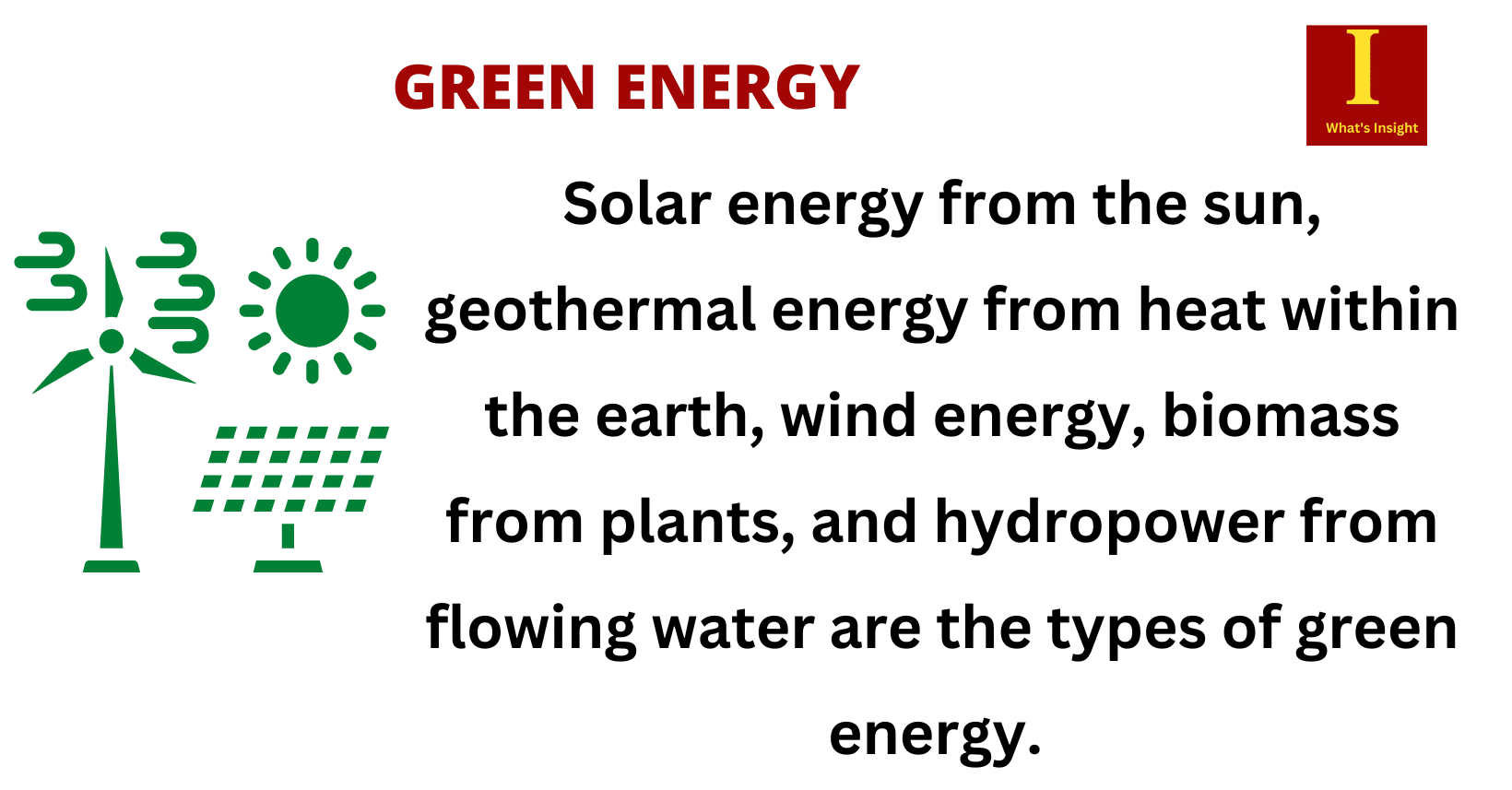The Sun is the ultimate source of energy, as well as our most significant source of energy. Sunlight drives primary productivity (photosynthesis), and all of our fossil fuels are sourced from plants that lived millions of years ago.
The Sun is the primary source of energy for creatures and the environments that they inhabit. Plants and algae, for example, use solar energy to create food energy by mixing carbon dioxide and water to produce organic matter. This mechanism initiates the transfer of energy through almost all food webs.
The sun’s energy is the original source of the majority of the energy found on Earth.
The sun provides us with solar thermal energy, and sunlight may also be utilized to generate electricity using solar (photovoltaic) cells.
The sun heats the earth’s surface, which heats the air above it, resulting in wind.
The Sun is the primary source of energy for creatures and the environments that they inhabit.
Plants and algae, for example, use solar energy to create food energy by mixing carbon dioxide and water to produce organic matter.
This mechanism initiates the transfer of energy through almost all food webs.
Table of Contents
Different Sources of Energy
- Solar Energy (ultimate source of energy)
- Wind Energy
- Geothermal Energy
- Hydrogen Energy
- Tidal Energy
- Wave Energy
- Hydroelectric Energy
- Biomass Energy
Frequently Asked Questions
1. What are power units?
Power is defined in physics as the quantity of energy delivered or transformed per unit of time. The watt is the unit of power in the International System of Units, equivalent to one joule per second.
More Interesting Links
Transverse waves
Power Units- The Basics
Diffusion Coefficient| Mass Diffusivity
Electromagnetic Force
Light Energy| 5- Easy Examples
Hydrogen Bond| Definition & Easy Explanation
- BCl3 Lewis Structure in four simple steps - November 1, 2023
- PH3 Lewis Structure in four simple steps - October 8, 2023
- PF3 Lewis structure in four simple steps - September 24, 2023



